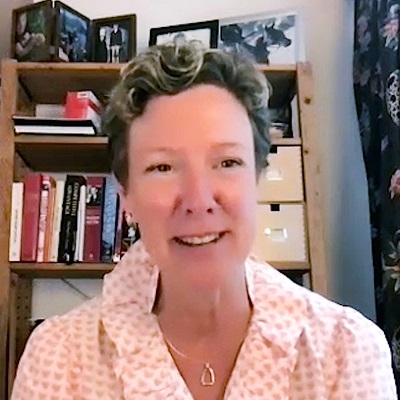August 11, 2022 -- The Alliance for Regenerative Medicine (ARM) has announced that Timothy Hunt will succeed Janet Lambert as chief executive officer (CEO) of the Washington, DC-based advocacy organization, which represents the cell and gene therapy industry.
Hunt, who will start at ARM on September 6, was most recently the chief culture and corporate affairs officer at Xilio Therapeutics, a biotechnology company developing tumor-selective immuno-oncology therapies for patients with cancer. Prior to that, he was the chief corporate affairs officer at CRISPR gene-editing pioneer Editas Medicine, where he led the company's global policy and government affairs, bioethics, communications, market development, and human resources initiatives.
"We are excited to welcome Tim to the ARM team at such a pivotal moment for our sector," Emile Nuwaysir, chair of the ARM board and search committee and CEO of in vivo genomic medicines company Ensoma, said in a statement. "Tim's two decades of experience advocating for biotechnology companies, knowledge of the key issues facing the cell and gene therapy field, and expertise in leading teams make him the ideal choice to guide ARM in building the future of medicine. Tim has a deep philosophy of engagement with major stakeholders that will support ARM members and help bring cell and gene therapies into mainstream medical practice."
In late April, ARM announced that after five years at the helm Lambert would be stepping down as CEO of the organization. Under Lambert's leadership, ARM's membership has doubled to more than 425 members and the organization's budget and full-time staff has tripled.
Lambert told ScienceBoard.net in late June that while the cell and gene therapy sector is strong, the industry faces significant regulatory, investment, and manufacturing challenges. Manufacturing remains a major challenge for the gene therapy sector due to a lack of standardization, which has often become an obstacle to regulatory approval and commercialization, according to Lambert.
Nonetheless, ARM believes 2022 could be a record year for new gene therapy approvals for rare disease, and regulators in the U.S. and Europe could approve the first such therapies for hemophilia and sickle cell disease in late 2022 and 2023.
"Cell and gene therapies are already transforming patients' lives, and we are on the cusp of even more breakthroughs in both rare and prevalent diseases. Our mission is both urgent and clear: to engage all our major stakeholders to ensure the patients we serve have access to the durable and potentially curative therapies of the present and future," Hunt said.
Copyright © 2022 scienceboard.net









